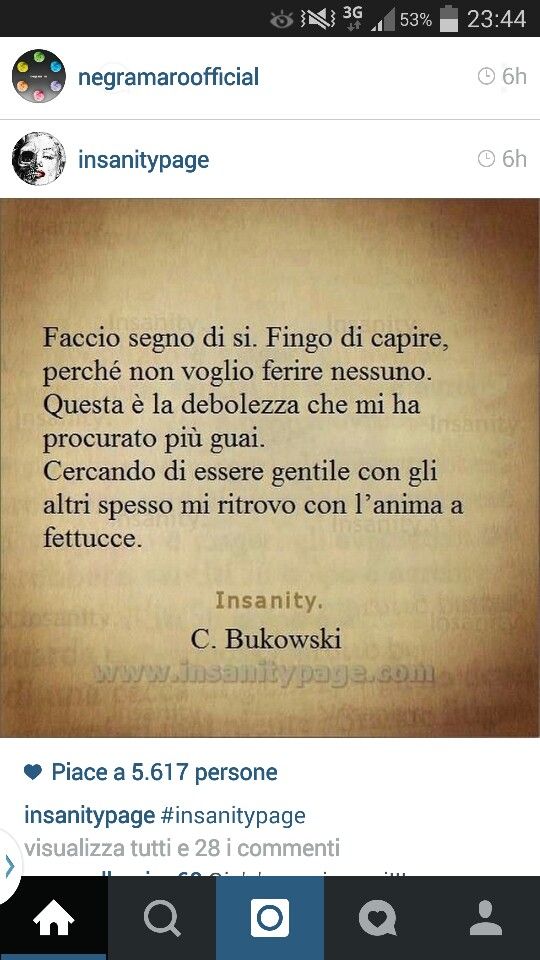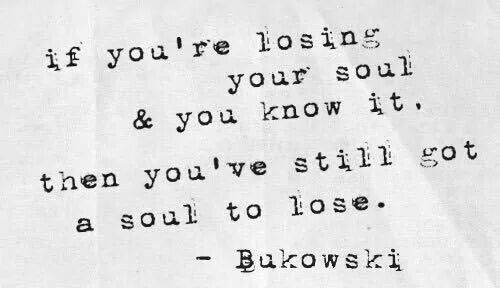
Naturally, there are many academic works on the poem handling it within a historical context, and also focusing on its imagery in terms of homosexuality, eroticism, and also insanity and popular heroism, such as “Allen Ginsberg’s ‘Howl’: Sexuality and Popular Heroism in 50s America” by Nick Selby, or “Madness and Modernism: Allen Ginsberg’s “Howl”-Fifty Years Later” by Sherry Lutz Zivley. The final theory is the sum of all techniques and procedures that are designed to govern the conduct of both individuals and populations at every level, beyond just the administrative or political. The second theory is the confinement of the unwanted and unnecessary individuals that have been judged in need of confinement for the prosperity and wealth of the majority, thus creating the notion of “insanity”, while placing authoritative power into the hands of mental institutions and doctors. The first term is used by Foucault to indicate the various institutional, physical, and administrative mechanisms and knowledge structures that enhance and maintain the exercise of power within the social body. Hence, the focus of the essay will be the concept of insanity in both the poem and the film as being a defiance of power in terms of dispositif (apparatus), great confinement theory and governmentality. The main and sole purpose of this essay is to concentrate on the bliss of madness in Ginsberg’s “Howl”, and thus in the film Howl by Rob Epstein and Jeffrey Friedman, as a confrontation and defiance of the status-quo and tools of power – the very tools that strip the population of thinking, dreaming, and experiencing life to its fullest extent whilst governing the minds and souls by stifling the space of mind, physical existence, and also thinking capacities in the general sense. Eliot’s “Wasteland”, who “cannot say, or guess, for you know only / A heap of broken images, where the sun beats, / And the dead tree gives no shelter, the cricket no relief, / And the dry stone no sound of water” (Eliot, 5), and whose holy souls were burnt down under the incendiary light of “Moloch”, who were defying the norms of the status-quo and “machinery of the night” (Ginsberg, 1).

These were the children and grandsons of the Lost Generation, who were raised in the desperate barren lands of T.S. It is a manifestation of the madness and insanity of a whole generation after the Second World War, whose great hopes of long-term peace, and of prosperity and relief, had been annihilated, and of a generation that was decentralized politically, morally, emotionally, and existentially. And if we want to have a prosperous America at peace, we need to stop people that are aggressively invading their neighbors and terrorizing the world,” Romney added.…the only people for me are the mad ones, the ones who are mad to live, mad to talk, mad to be saved, desirous of everything at the same time, the ones who never yawn or say a commonplace thing, but burn, burn, burn like fabulous yellow roman candles exploding like spiders across the stars and in the middle you see the blue centerlight pop and everybody goes “Awww!” -Jack KerouacĪlmost 70 years after it was first published, Ginsberg’s poem “Howl” stands as a colossal monument dedicated to the “best minds” of his “generation destroyed by madness” (Ginsberg, 1). “But number two, we’ve learned that bad actors, if not checked, continue to do bad things. That’s important to remember,” Romney said. We signed an agreement that we would help support Ukraine and defend its sovereignty.

“I think a lot of people don’t recognize that we agreed to defend Ukraine when Ukraine agreed to give up their nuclear weapons some years ago. Romney acknowledged that Republicans in Congress are divided on future financial and military support for Ukraine against Russia’s invasion. “It was courageous and the right thing to do, and I appreciate him doing that and recognizing that the people of the United States of America stand on the side of liberty.” His trip to Kyiv to be with President (Volodymyr) Zelensky and to stand firm for the principle of liberty is something which I salute,” Romney said. “Now and then, he (Biden) does something I agree with and I consider laudatory. The former Republican presidential nominee also praised President Joe Biden’s trip to Ukraine on Monday to show support for that country against the Russian invasion.


 0 kommentar(er)
0 kommentar(er)
